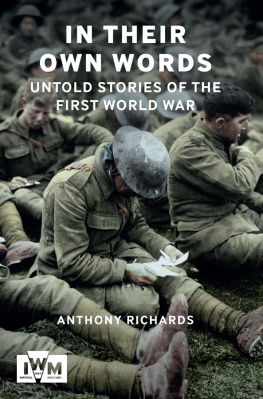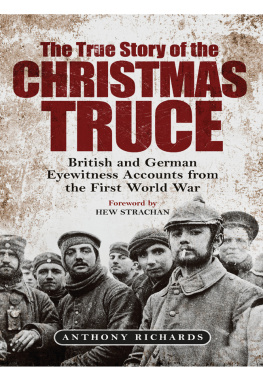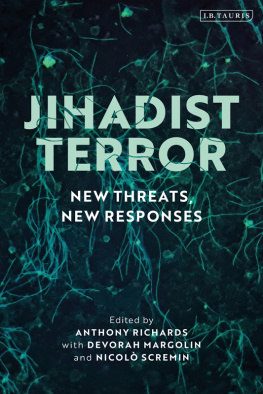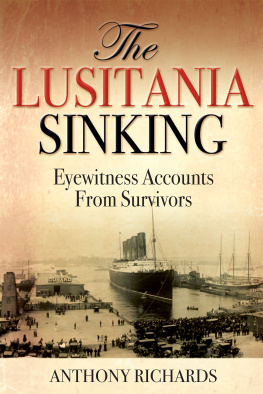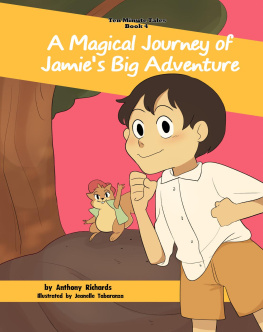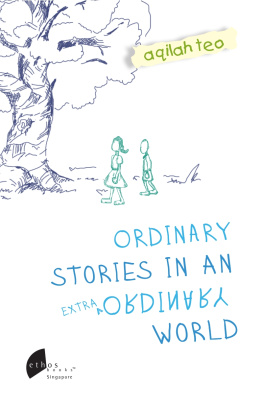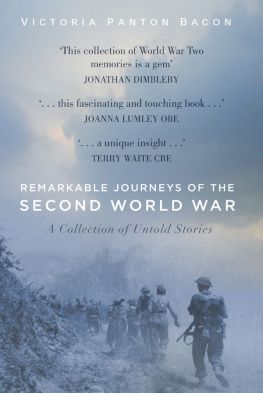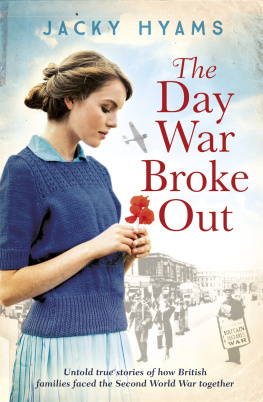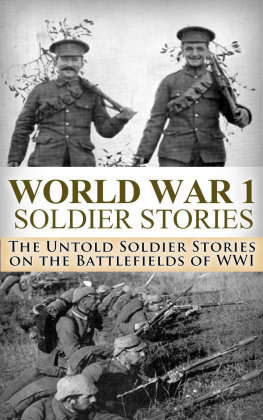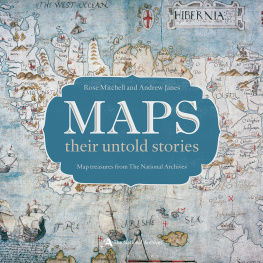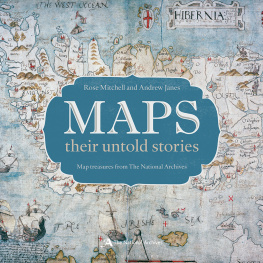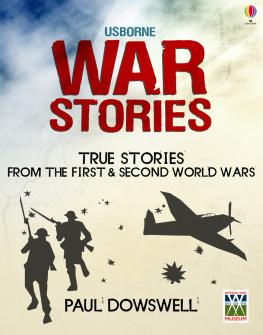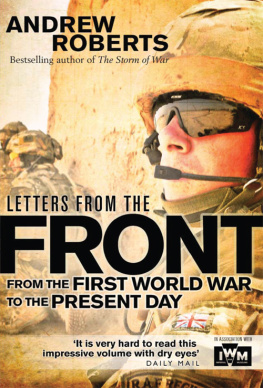IN THEIR OWN WORDS
In Their Own Words
UNTOLD STORIES OF THE FIRST WORLD WAR
Anthony Richards

G2 Entertainment Limited 2016
www.G2ent.co.uk
Published by IWM, Lambeth Road, London SE1 6HZ
iwm.org.uk
The Trustees of the Imperial War Museum, 2016
All rights reserved. No part of this publication may be reproduced, stored in a retrieval system or transmitted, in any form or by any means, electronic, mechanical, photocopying, recording or otherwise without the prior permission of the copyright holder and publisher.
eISBN 978-1-782816-69-0
A catalogue record for this book is available from the
British Library
All images IWM unless otherwise stated
Front cover: Q 24069 (artificially coloured)
Every effort has been made to contact all copyright holders.
The publishers will be glad to make good in future editions any error or omissions brought to their attention.
Contents
Introduction
Over the last few decades, the presentation of history to the wider public through museums, publications and the media has seen an increasing prominence given to eyewitness accounts. This development is particularly obvious when we look at the many and varied interpretations of the First World War. We enjoy learning from the experiences of our ancestors, but while the unit war diaries, military orders and memoranda in the care of the National Archives portray the official narrative, we need to look elsewhere in order to understand the more human side of conflict. As the events of 1914 to 1918 grow more distant, and surviving participants of the war have gradually disappeared, we have witnessed a much greater reliance on recorded first-hand testimony to tell us exactly what it was like to experience those critical events.
While many published memoirs had already appeared in the 1920s and 1930s which supplied individual recollections, by the 1960s there was still no comprehensive archival source which could provide a broad range of personal evidence. A resurgence of public interest in the Great War had resulted in part from the popularity of the BBCs ground-breaking 1964 documentary series of that name, as well as the recent release by the Public Record Office (PRO) of the official papers concerning the conflict. Mindful of this, and also perhaps of the impending release of Second World War material at the PRO, the then-Director of the Imperial War Museum (IWM), Dr Noble Frankland, argued that historians would enjoy a better understanding of these two great events if they could also have ready access to the personal papers kept by actual participants.
A new IWM Documents Section was therefore created in 1969, charged with building up an archive of largely unpublished letters, diaries and memoirs written by servicemen and women since 1914, as well as civilians during wartime. The few hundred manuscripts that the Documents Section inherited from the museums library, which had been collecting unpublished material in a small way since IWMs foundation in 1917, soon grew into an extensive collection. By the time of the Centenary of the First World War, the archive embraced the papers of well over 20,000 individuals from Britain and its former Empire, and continues to be developed through regular donations and bequests.
The strength of IWMs Documents collection lies in its breadth of coverage, as it includes the writings of individuals from many varied backgrounds. Indeed, it was one of IWMs founding principles in 1917 that the museum should chronicle the experiences of ordinary people. Modern wars are fought and experienced at different levels, and the personal records of regular men and women are therefore treated equally to those of senior commanders or key decision-makers. The correspondence, diaries and reminiscences in the museums care contain not only compelling first-hand descriptions of the events witnessed, but also reveal the writers personal thoughts on the issues raised by war.
Those papers relating to the First World War are a particularly essential resource. This book brings together, for the first time, 11 key stories from the collection. From Rosie Neals patriotic pluck when escaping the enemys homeland at the outbreak of the conflict, to Gilbert Laithwaites anxiety at attempting to survive the most intense German assault of the war in March 1918, the personal accounts which form the core of this book are the most direct way in which we can now experience those world-shattering events through the words of those who were actually there. For that reason, IWMs collection is now one of the most important archives anywhere in the world for those seeking to examine the impact of modern war on British society.
Unless another source is cited, the information contained in each chapter is taken directly from the letters, diary or memoir written by the person in question. Every effort has been made to check historical accuracy, but when an error has been made by the original author (most commonly of a very minor nature and due to the passage of time) this has been noted. The original quotations have, only where necessary, been lightly edited in terms of punctuation and spelling but overall remain as written by each individual. For those interested to read the original (and in some cases significantly longer) accounts, I would encourage you to do so by booking an appointment to visit the IWM Research Room. See iwm.org.uk for further details.
Acknowledgements
This has been my first book and, as such, I have relied on a number of people to guide me through the process. Firstly, and where else would I list them, Natasha and Henry have been incredibly supportive. I will always be grateful to Liz Bowers who, in her role as IWM Head of Publications, had faith in me as an author and believed that this book would be a worthwhile project. The current IWM Publications team have also offered much help, with particular recognition going to Caitlin Flynn. I would like to thank Miranda Harrison for her editing and Roger Smither for reading the manuscript. The relatives of those whose accounts form the basis of this book have been extremely kind in allowing me to publish their words, and particular appreciation goes to Margaret Woodley and Kit Hesketh-Harvey; Fanny Hugill and Caroline Ryder; the President and Fellows of Trinity College, Oxford; Denis Caslon; Felix Gameson; Tim Le Grice; and Sarah West (whose own book based on Gabrielle Wests diaries is due for publication in 2016).
Within the museum, I feel it is only right to single out two particular individuals for special thanks. Peter Hart (punk star, best-selling author and battlefield guide) shared an enormous amount of advice with me during his rare visits to IWM, where he occasionally works as an oral historian. Peter read through an early draft of the book and his constructive criticism was greatly appreciated; any errors remaining are purely my own. I would also like to thank the museums Queen of Communications, Lucy Donoughue, for her much-appreciated encouragement throughout the writing of this book. In fact, the book would almost certainly never have happened in the first place if it wasnt for her nudging me in the right direction, for which I will be eternally thankful (if a little bruised).
Finally, I should like to acknowledge two individuals who are sadly no longer with us. My father Peter Richards died shortly before I signed the contract for this book, but in one of our final conversations I was able to confirm that it was definitely happening, which I think pleased him greatly. Should he have had the opportunity to read the book, I think he would have enjoyed it. I hope that the same could be said of Rod Suddaby, my predecessor as Head of IWMs Documents collection. He worked incredibly hard for many decades in building up and maintaining an archive of immense international importance, and in a small way this published collection of stories can be seen as a tribute to his dedication.
Next page
